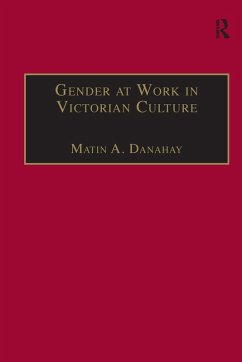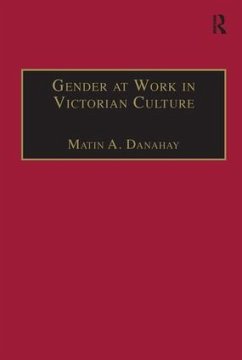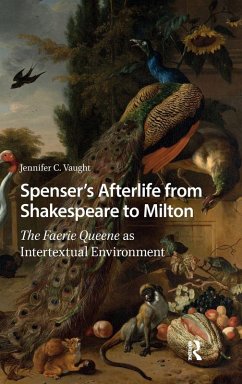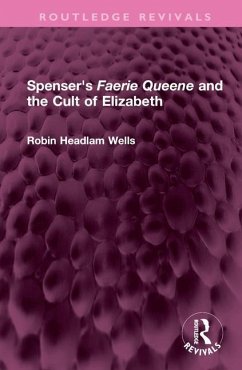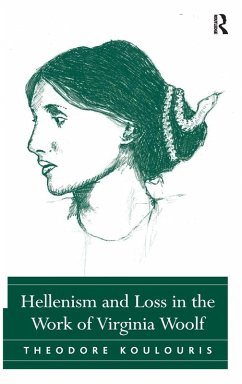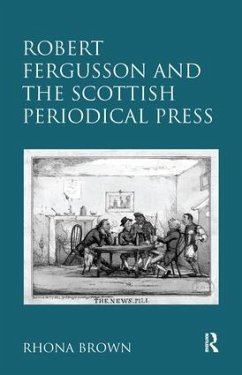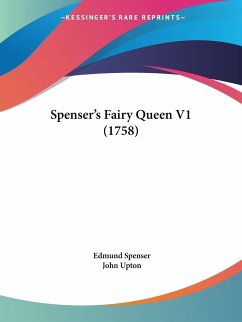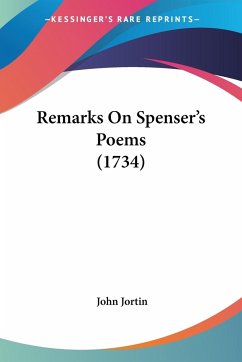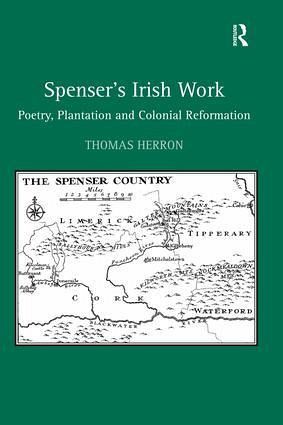
Spenser's Irish Work
Poetry, Plantation and Colonial Reformation
Versandkostenfrei!
Versandfertig in 1-2 Wochen
170,99 €
inkl. MwSt.
Weitere Ausgaben:

PAYBACK Punkte
85 °P sammeln!
Exploring Spenser's work within the historical and aesthetic context of colonial agricultural reform in Ireland, this study demonstrates how Irish events operate in more of Spenser's poetry than previously suspected. It explores heretofore neglected Irish material in the work of Spenser's contemporaries and Elizabethan pageantry in the 1590s. Taking in history, religion, geography, classics, and colonial studies as well as early modern literature and Irish and bardic studies, this book constitutes a valuable addition to Spenser scholarship.





